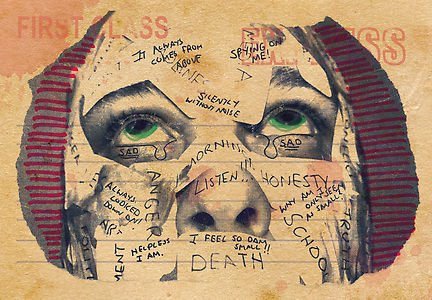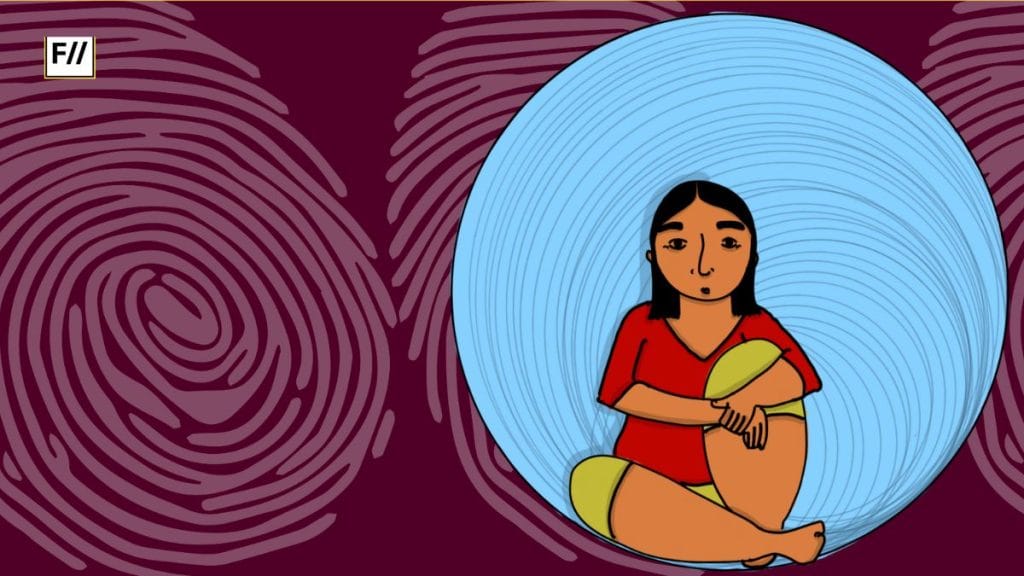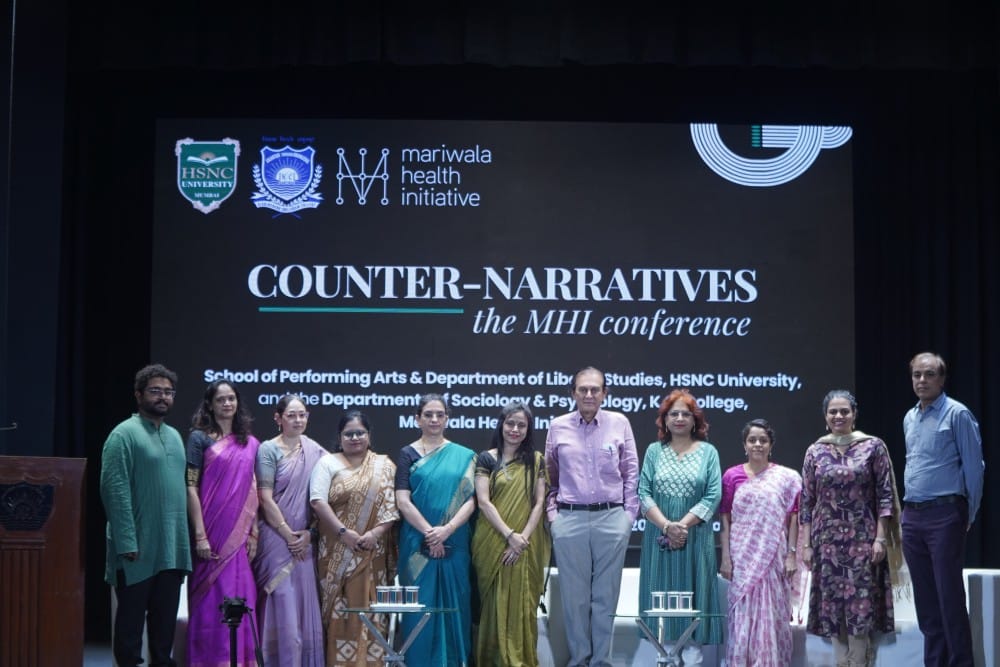The entertainment industry has been mourning the death of an Indian television actress due to suspected suicide. This has been followed by what can truly be described as ethically dubious journalism, with details and wild speculations about intimate aspects of the actress’ life being discussed in the media
It started with articles discussing the possible significance of her last ‘WhatsApp status update’, and displaying a screen-shot of it. This was followed by an article that contained this bit of editorializing:
“It is also being said that Rahul looked calm and unaffected by the situation during his stay at the hospital and left the place in hurry on pretext that he was booking flight tickets for Pratyusha’s parents.”
‘It is being said’ is a good avenue to insinuate an allegation, without sources to corroborate it. In the exercise of manufacturing click-bait articles, a villain was industriously and prematurely crafted, as had happened at the time of the death of Late Sunanda Pushkar. It is not my case that the deceased actress’s former partner did or did not contribute to her death. It is my point that this should not be a subject of a trial by the media or the social media. There is a serious reckoning required to be done by the media houses that engage in this sort of reporting, about the de-legitimization of the role of investigative agencies carried out by them, and the ethics of the little kangaroo courts that they set up.
Of course some newspapers were marginally more tactful in their coverage. They came up with pithy slide-shows like this, that read ‘Actors who committed suicide’, so that we could indulge our voyeuristic tendencies to our heart’s content. And then there was of course this headline: “Watch, actress P.B cremated in full bridal attire“, classified as ‘Entertainment’ and ‘Bollywood’, which sends a shiver down a reader’s spine. If your tastes are less macabre, you might go for this article whose headline reads: “PB’s mother inconsolable at daughter’s prayer meet, see pics.” (the name of the actress has been deliberately shortened into the initials by the author)
This media coverage was followed by the former manager of another extremely famous film actress alleging that she attempted suicide during her struggling days. This has now become a trending topic on social media, in what is an unfair and opportunistic violation of the actor’s privacy.
I am not saying that mental health, depression and suicide should not be talked about, but there is a time, a place, and most importantly a tone, for these conversations. If one is talking about the mental health struggles of a celebrity, it must not be done in a way that violates her agency. It is as much a violation of an actor’s privacy when the details of their mental health become a subject of public/social media discussion, as it would be if their thyroid hormone count or cancer diagnosis became the subject of wild speculation, and this is a point most people seem to miss. The reason people miss this point is that the discrimination faced by persons with mental illness is a silent and historically invisible discrimination.
In fact, recent tweets by a Bollywood veteran, throw light on prevalent attitudes to suicide and mental illness. Hema Malini, the veteran actress tweeted that “senseless suicides achieve nothing“, and that the “world admires a fighter and not a loser“. Implying that someone who chose to end their life is a loser, is not only insensitive, but harmful in the long run, because it casts suicidal tendencies in the frame of a character-flaw. Causes for suicidal thoughts can be as varied as genetic factors, mental illnesses, or sometimes even the drugs used to treat certain mental illnesses. Casting suicide as a deliberate choice of a person who did not have the courage to continue living, perpetuates the notion that people choose to have mental illness or indulge depression, and thus do not require treatment for it. Those with depression are often told to ‘snap out of it’ or asked ‘just think positively’. This is all a corollary of casting mental illness as a ‘character flaw’, and considering physical illnesses to be ‘real’. One would hardly encounter a discourse asking people to snap out of a fever. It is in this context of stigma and trivialization, that people do not seek treatment for mental illness.
One cannot afford to forget that this reporting and speculation, or as a commentator has described it, this ‘milking of a suicide’, comes in the backdrop of exclusion, marginalization and discrimination faced by persons with mental illness. Attempted suicide has still not been decriminalized, despite the fact that there have been years of advocacy about Section 309 of the Indian Penal Code. As one commentator has described it, this is a legal provision that requires a person to die successfully, or be prosecuted.
This is not counting our horribly outmoded language (legal or otherwise), while discussing mental illness, including the use of words like ‘lunatic’, and ‘pagal’, which stigmatize mental illness. This stigmatization dis-incentivizes people from seeking help. To add to this are the reports that suggest that suggested that even a Minister raised doubts about the ability of persons having schizophrenia to hold jobs. She is certainly not alone in holding this prejudice. (The Minister later clarified that she merely meant that instead of a mix up of different groups having physical disabilities, mental disabilities and mental illness, the group should be refined). India unveiled its Mental Health Policy as late as in 2014, and the Mental Health Care Bill, of 2013 has yet not been passed by the Parliament.
In this context of exclusion and marginalization, the use of incidents of suicides to generate click-bait articles and TRPs needs to stop. Yes, mental health needs to be talked about, and yes suicides are tragic, but they are tragic in that they cause pain to the near and dear ones of the departed, and show the waste of potential that could have been avoided had the victim had access to mental-health care sooner.
About the author(s)
Srishti Agnihotri regularly appears in Trial Courts, the Delhi High Court and the Supreme Court of India. She is involved in research and advocacy on women's rights and child rights. She completed her Masters in International Human Rights Law from the University of Notre Dame, USA.





A wonderfully analysed & written, thought-provoking article, Shristiji. Unfortunately, not much attention is paid to mental illness. The trauma of the near & dear ones of the mentally ill is a life-sentence burden because the mentally ill do not know what they do & only those who have experienced it will understand what it is.